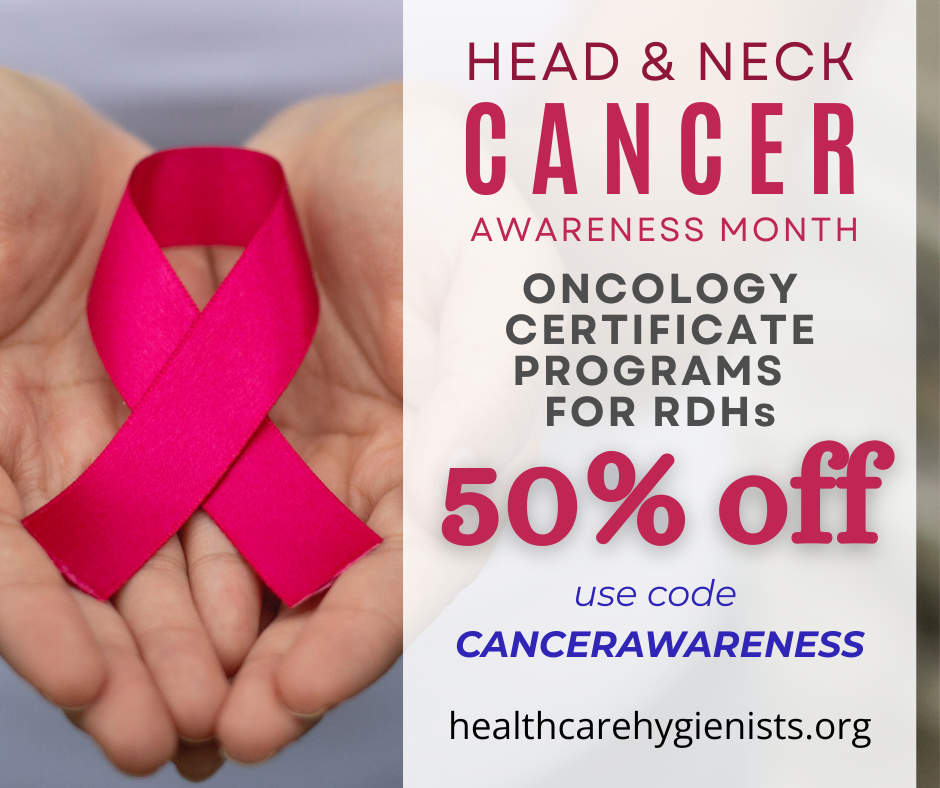
Why do hygienists take this program?
- To become a better advocate for their oncology patients & loved ones going through treatment
- To feel prepared to prevent and treat cancer treatment side effects with the most up-to-date research, products & technology
- To educate multidisciplinary oncology teams on the importance of establishing an oral health protocol
- To feel confident enough to approach their local oncology treatment center & help develop a program or consult
- To develop a position on an integrated care team (paid or voluntary)
- To distinguish themselves among their peers
- To feel prepared to work in oncology (adult or pediatric) when a job posts, and stand out among applicants when it does



April is Head & Neck Cancer Awareness Month
NNHH is making this program as accessible as possible to hygienists around the globe during the entire month to raise awareness on the enormous needs gap that exists in oral care for oncology patients.
Hygienists are NEEDED, but lack proper training
SAVE 50% by Enrolling NOWCOURSE DESCRIPTION
This self-paced, on-demand Oncology Certificate Program for RDHs TM will provide a registered dental hygienist with 18 AGD PACE credit hours and an in-depth review of implications cancer treatment can have on the oral cavity and how to serve as an oral health advocate on multidisciplinary oncology teams; for both the adult patient and the pediatric patient. Cancer care requires a multi-faceted approach to improve patient outcomes and quality of life, yet oral health assessments, follow up and treatment are typically lacking in most oncology settings. Students will be able to learn from interprofessional instructors who specialize in different realms of oncology care. Upon completion of this program, students will be more confident caring for oncology patients, speaking to and educating oncology providers, and working within integrated care teams, helping hygienists rise as much needed oral health experts in oncology.
The modules provide a comprehensive review of content concerning:
-
A general review of the biology of cancer and pharmacology specific to the oncology patient
-
Key lab markers in oncology patients to participate in conversations with other medical professionals and assist with dental treatment guidance
-
Components of a comprehensive oral health protocol to implement in an oncology practice during every stage of cancer treatment
-
Secondary complications associated with cancer treatment specific to the oral cavity
-
Pain and product management that includes education on laser therapy treatment
-
Auxiliary care in oncology, including nutrition and providing care for patients with laryngectomies, tracheostomies, and ventilator-associated pneumonia
-
Key points to educate medical professionals on the importance of oral care in cancer treatment
-
Pediatric specific oncological care models, treatment modalities, pharmacological considerations and team-based applications
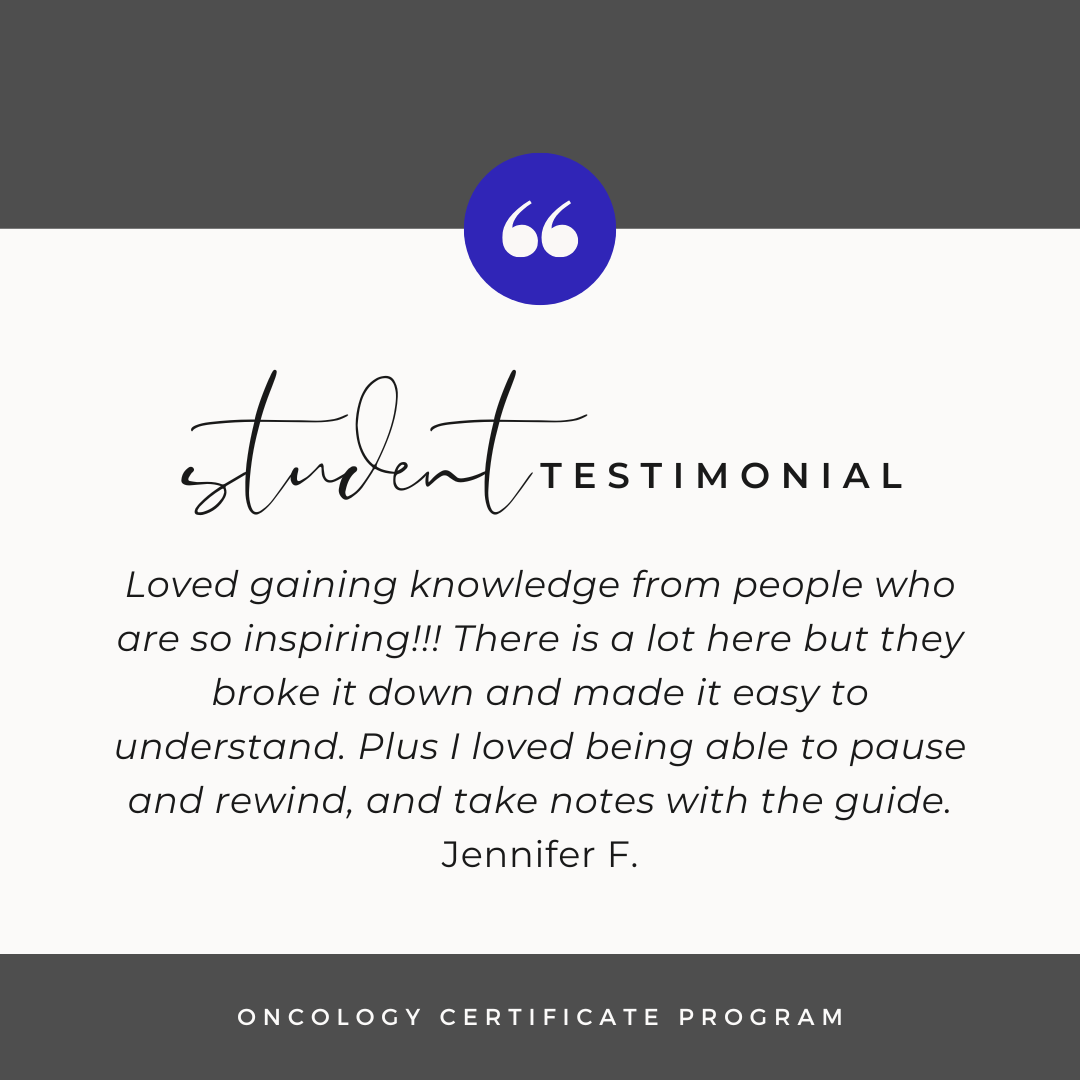
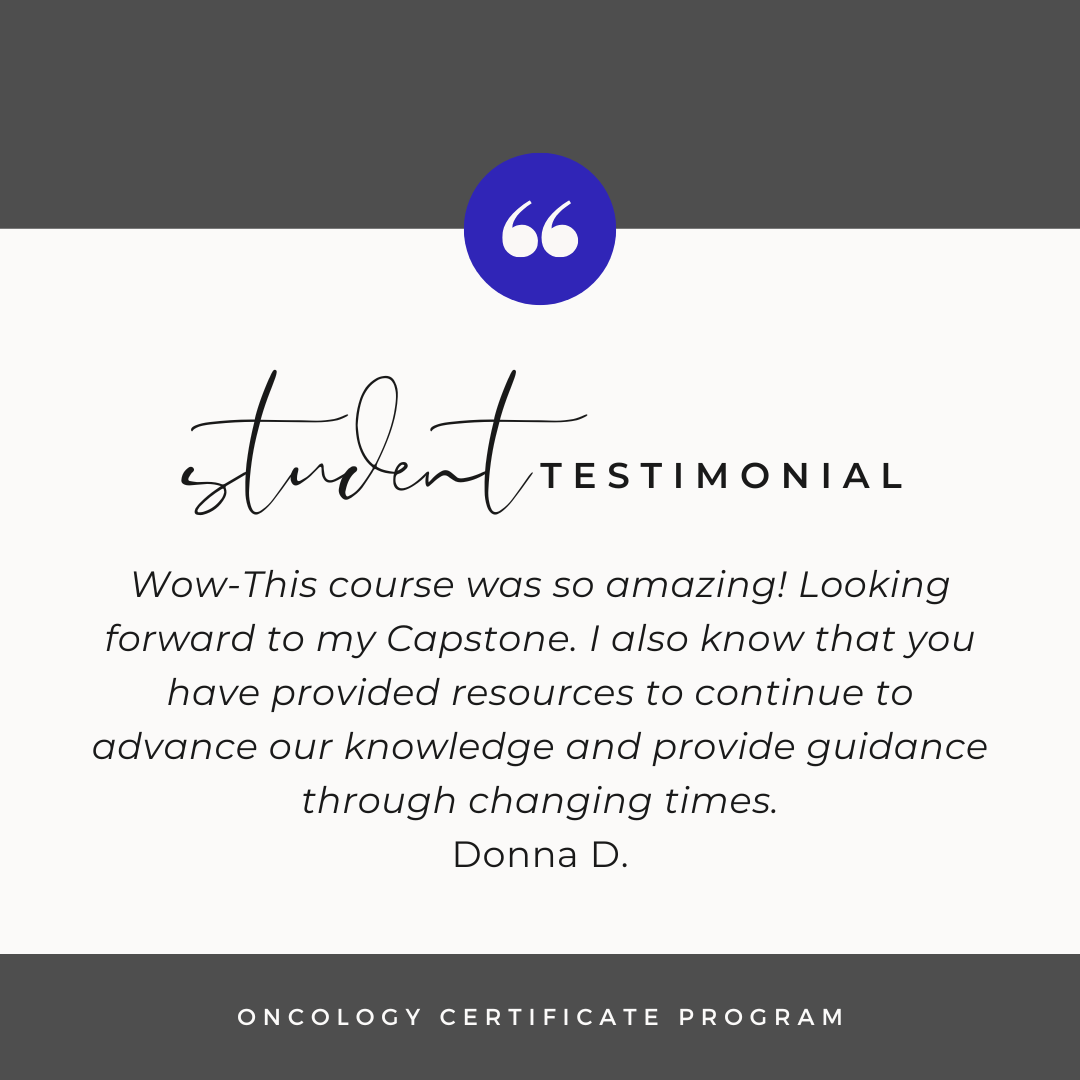
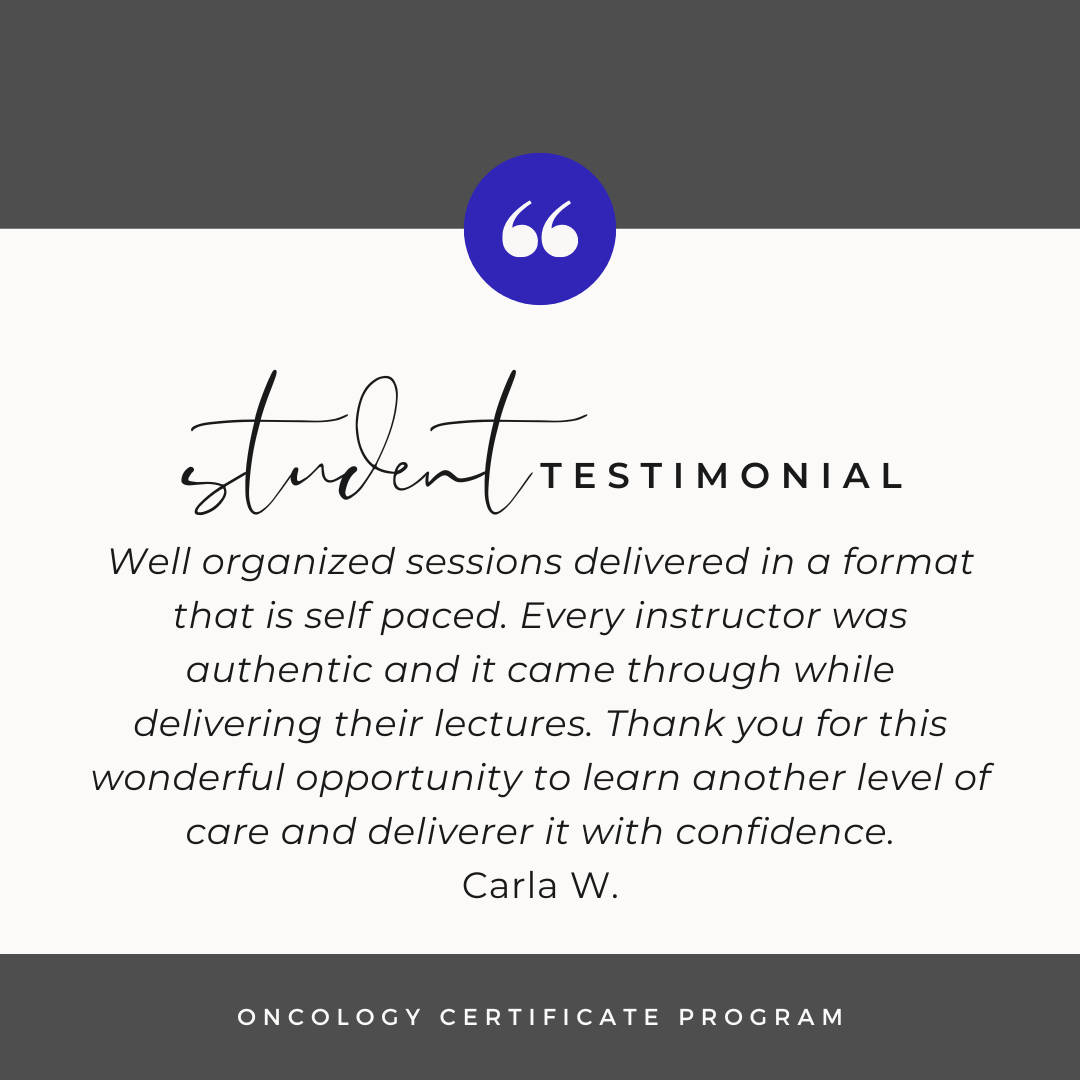

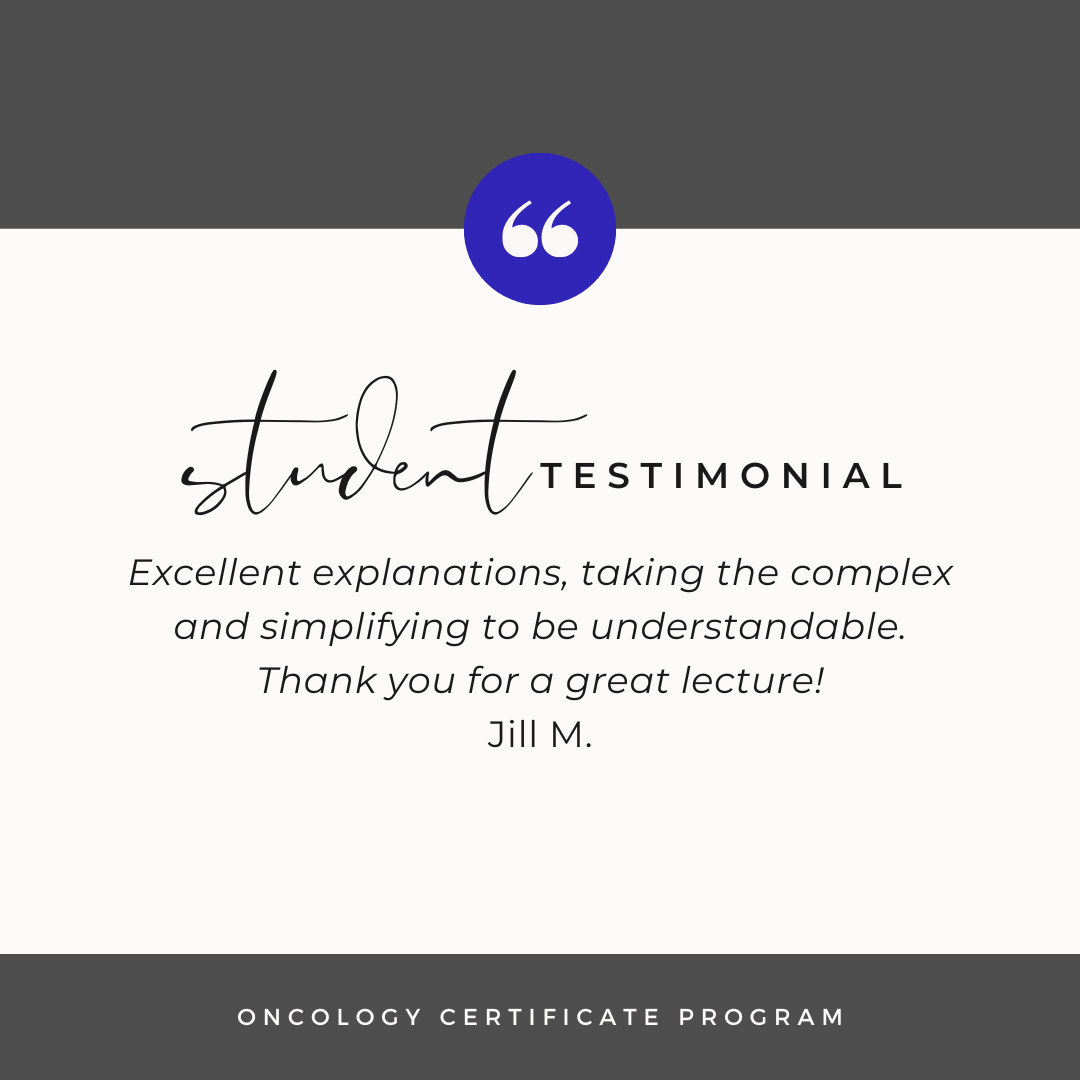
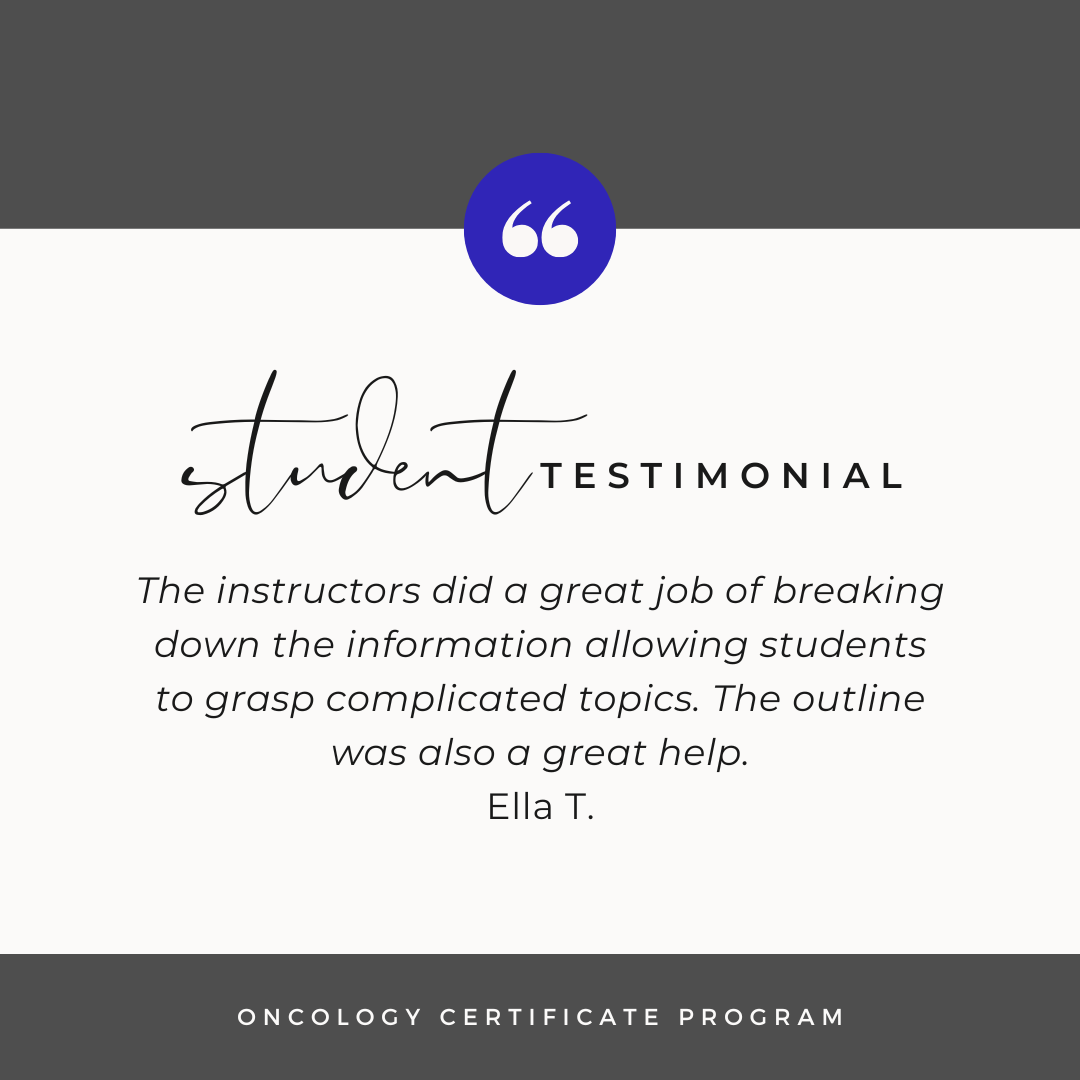
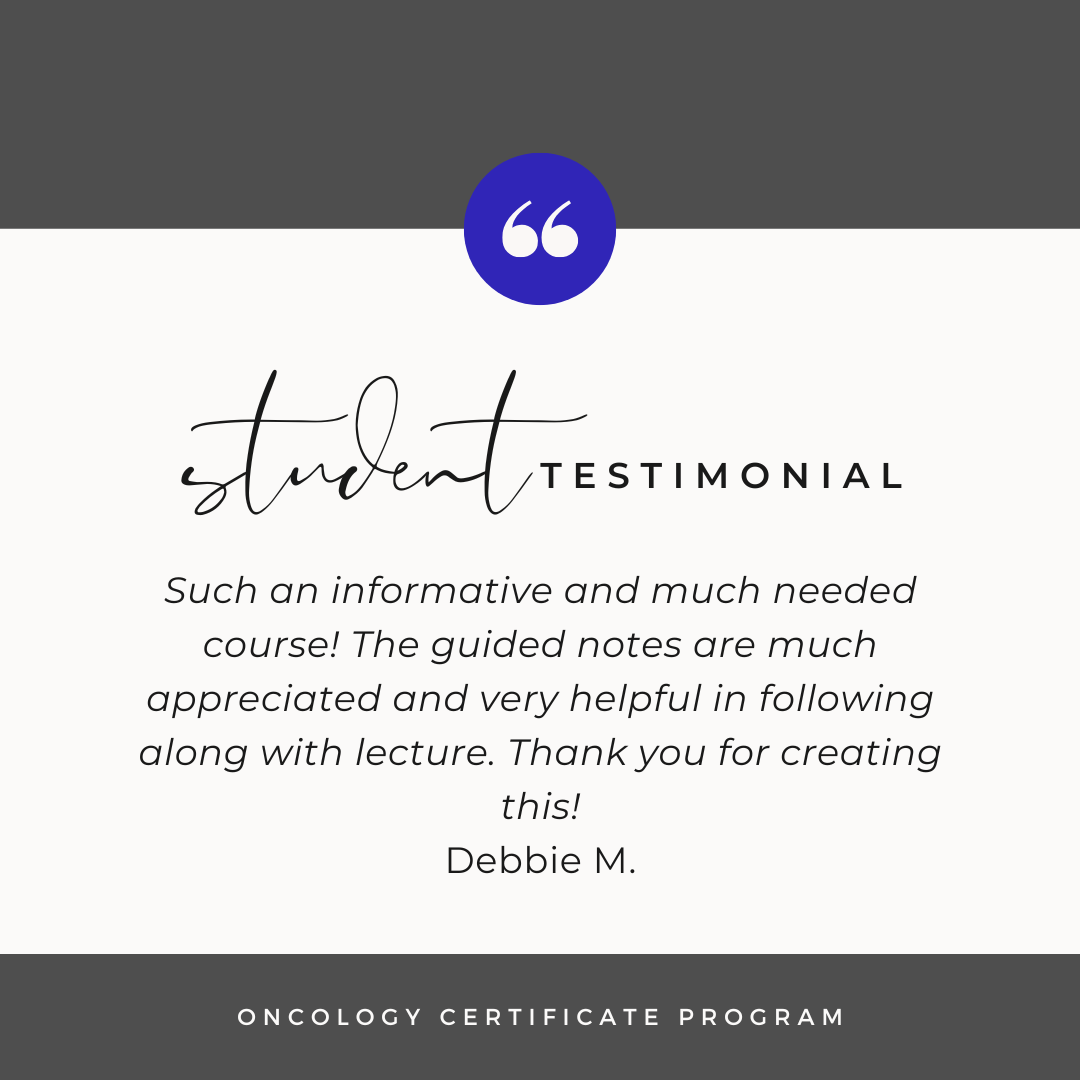
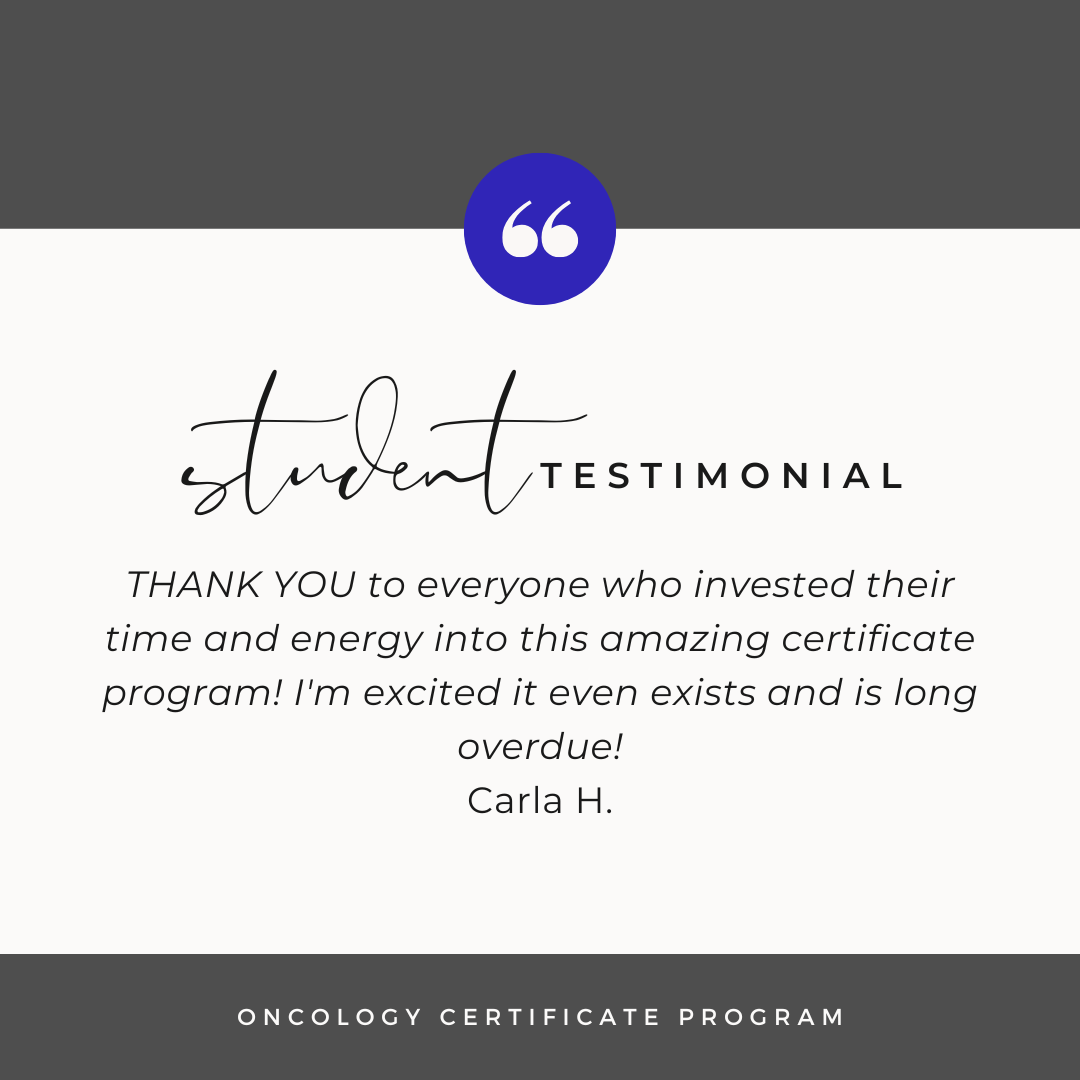
Meet Your Instructors
These experts have been handpicked by our Board of Directors and Advisory Group for their dedication to integrating oral health and oncology, their expertise and/or experience in oncology, and their commitment to multidisciplinary care. They are thought leaders and award winners in their fields.
Click the arrow to the right of the drop down box to view their bio, course description, and objectives

NEW FOR 2.0 - PEDIATRIC SECTION Katharine Martinez, MPH, RDH

NEW FOR 2.0 - PEDIATRIC SECTION Lynnette Acosta, MSN-Ed, RN, CPN

BIOLOGY OF CANCER REVIEW Dr. Karen Clark, DC

UNDERSTANDING LAB WORK & INTERPROFESSIONAL ASPECTS Katie Charles, BSN, RN
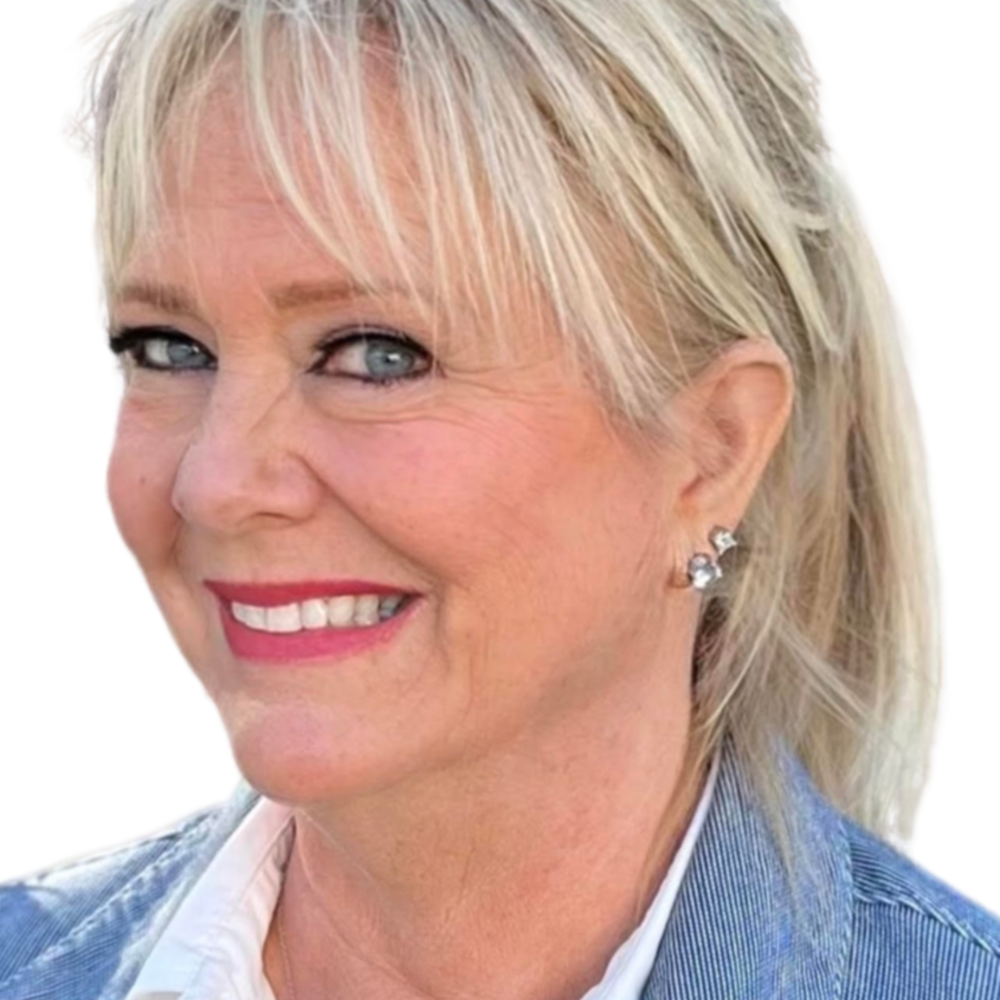
PHARMACOLOGY FOR THE ONCOLOGY PATIENT Elizabeth Jinks, RDH, BS

NUTRITION FOR THE ONCOLOGY PATIENT Zak Kaesberg MS, RDN, LDN
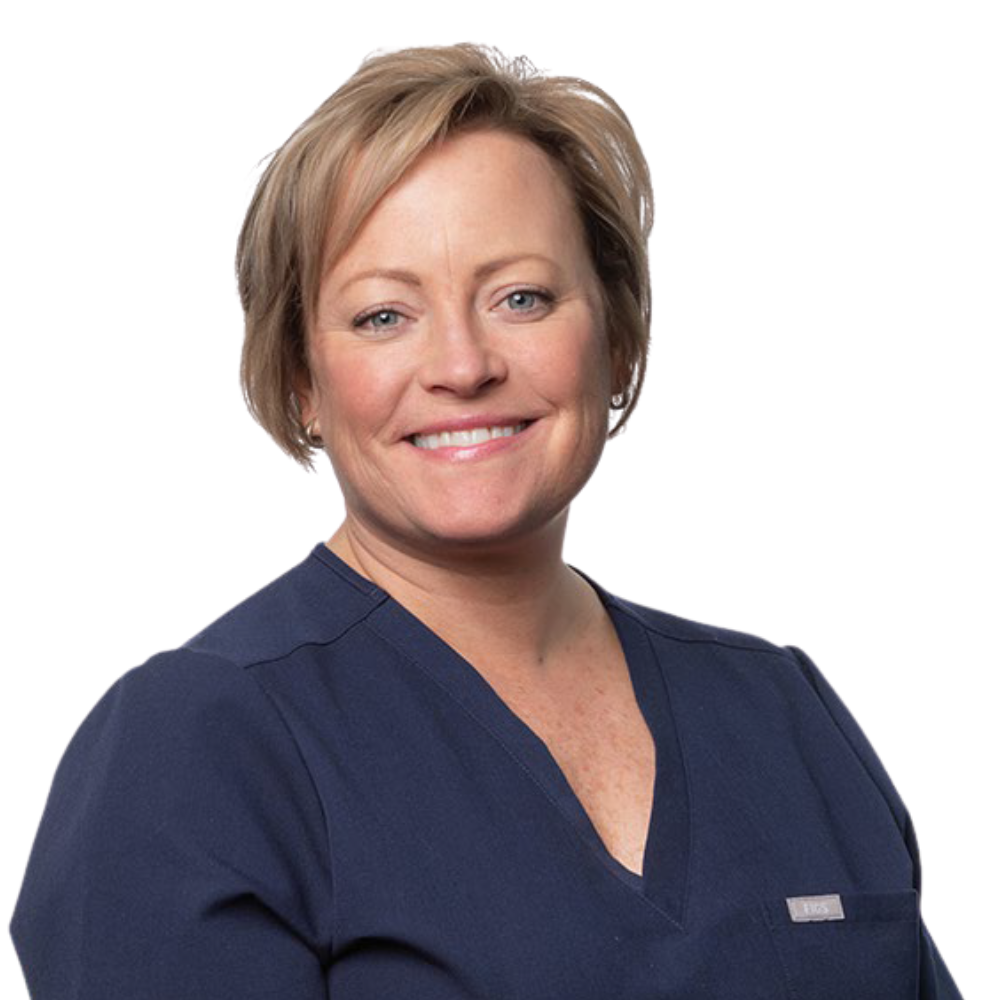
THE INTIAL ASSESSMENT OF AN ONCOLOGY PATIENT Jennifer Brown, RDH, TSS, COSE
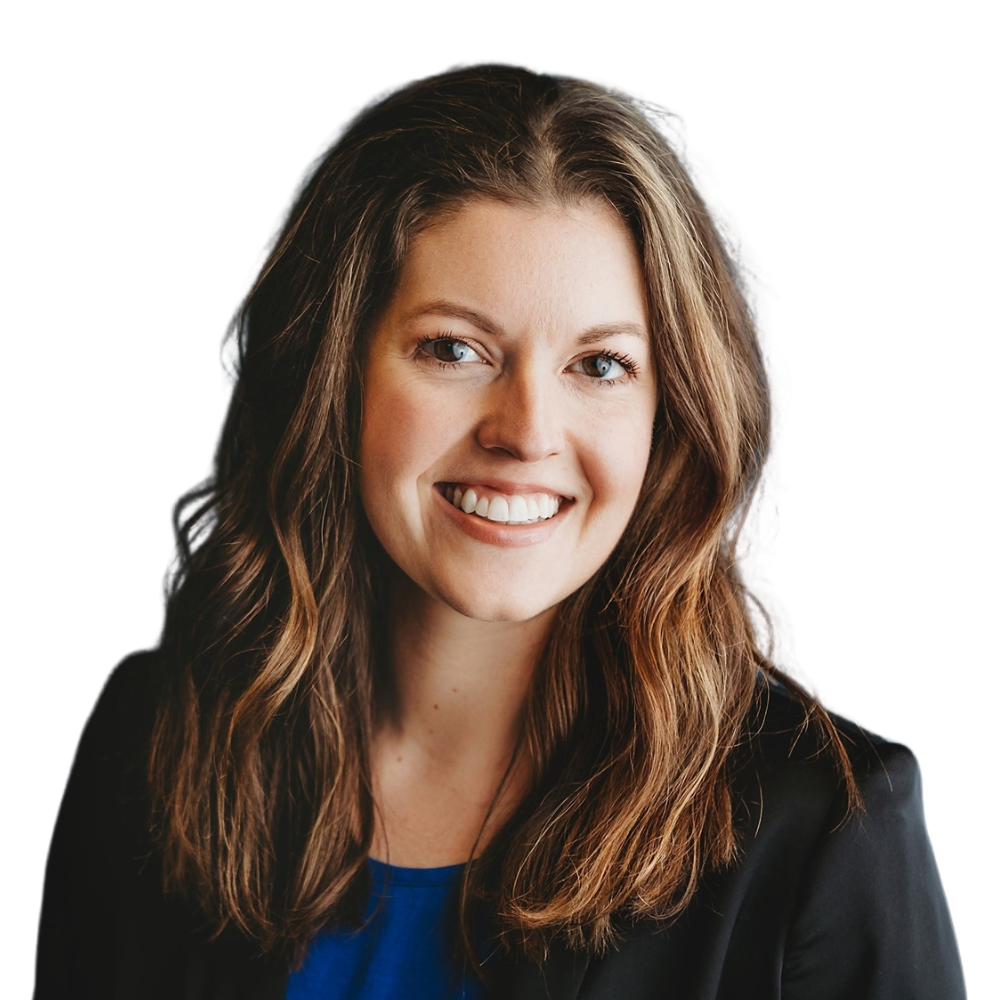
SECONDARY COMPLICATIONS & INTERPROFESSIONAL ASPECTS Dr. Megan Reutter, RDH, DHSc
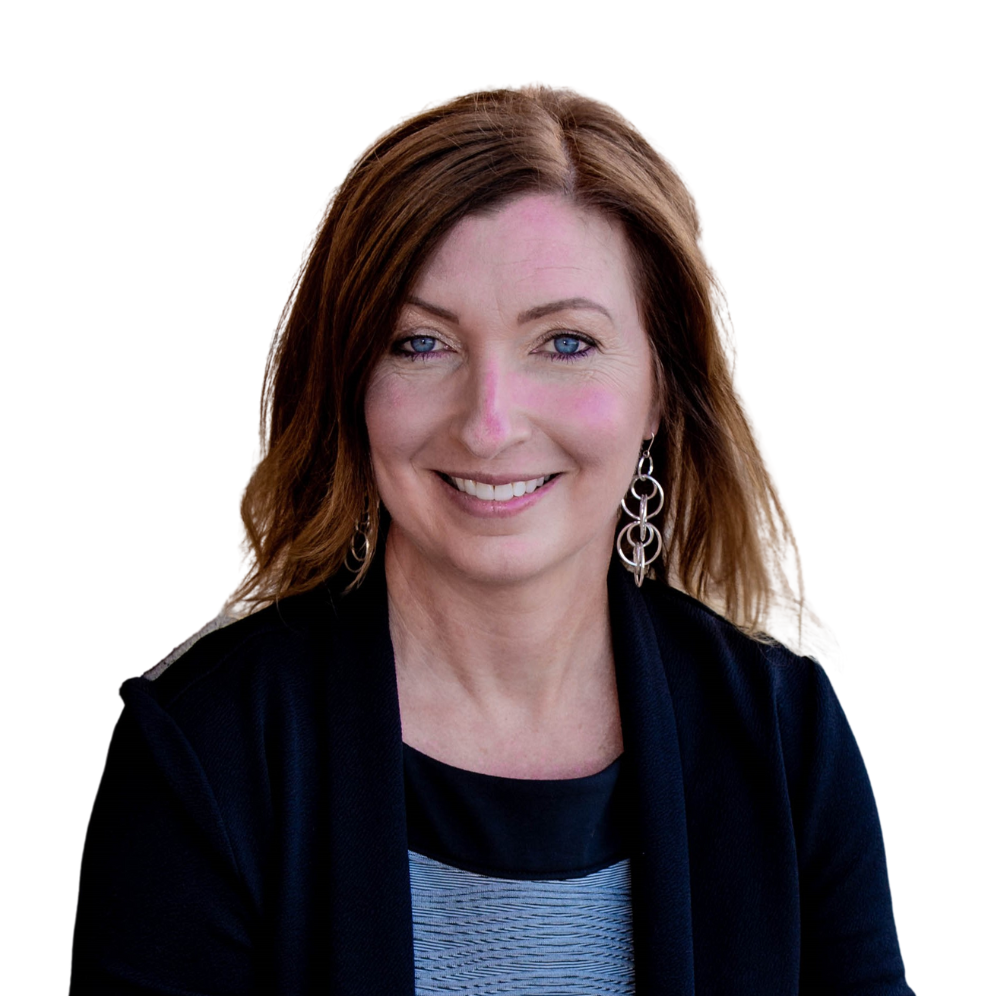
SECONDARY COMPLICATIONS & ORAL HYGIENE MODIFICATIONS AND PRODUCT CONSIDERATIONS DURING ONCOLOGY TREATMENT Jill Meyer-Lippert, RDH
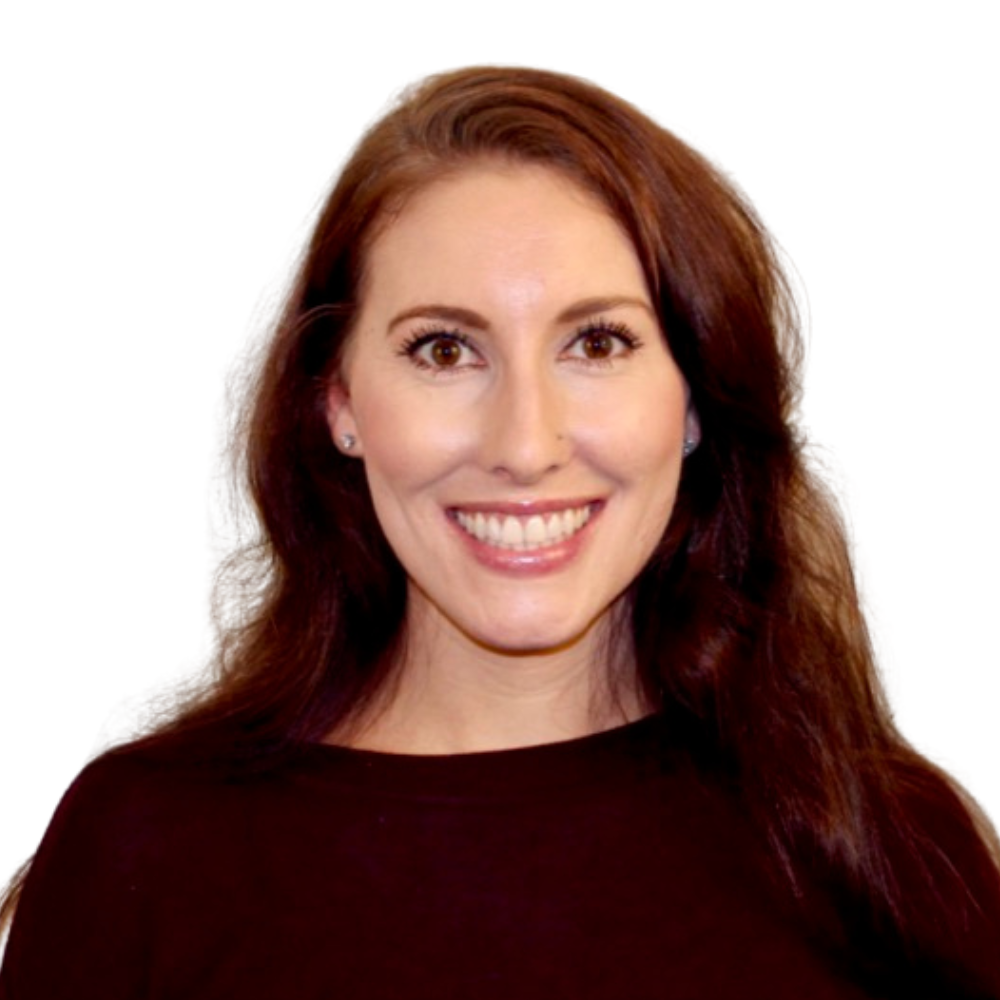
PHOTOBIOMODULATION FOR THE ONCOLOGY PATIENT Sara Jane Snyder RDH, MBA

ORAL CARE BEYOND CANCER THERAPY Roxanne M. Dsouza-Norwood, RDH, MS
REQUISITES TO EARN
THE CREDENTIAL CH-ONC
To earn a certificate & credential, enrollees must:
- Possess a valid dental hygiene license
- Complete the entire program
- Pass the final assessment
- Complete a Capstone Presentation
CAPSTONE PRESENTATION GUIDELINES
One of the requisites of receiving a certificate of completion and credential CH-ONC is completing a Capstone Presentation to apply the knowledge you gained and have a positive impact in your own local cancer treatment facility. To hold the title of Certificate Holder in Oncology, you must:
Educate oncology providers on oral systemic health prevention and treatment options for cancer patients.
A Practicum (6 week internship) in optional.
"Despite extensive training and expertise, many dental hygienists struggle with imposter syndrome, questioning their place in medical settings like oncology care. It’s important to recognize that dental hygienists bring a wealth of knowledge that can significantly impact patient outcomes. Your expertise in oral health is a vital component of comprehensive cancer care. By stepping confidently into these roles, you not only enhance patient care but also educate medical teams about the essential link between oral and systemic health."
Katharine Martinez, RDH, MPH
ORAL HEALTH EDUCATOR
What is the deadline to finish this course?
Do I have to renew my certification?
What credential will I receive?
How can I use what I learn?
Is this program accredited by ANAB like the Oral Systemic Educator Certificate Program is?
